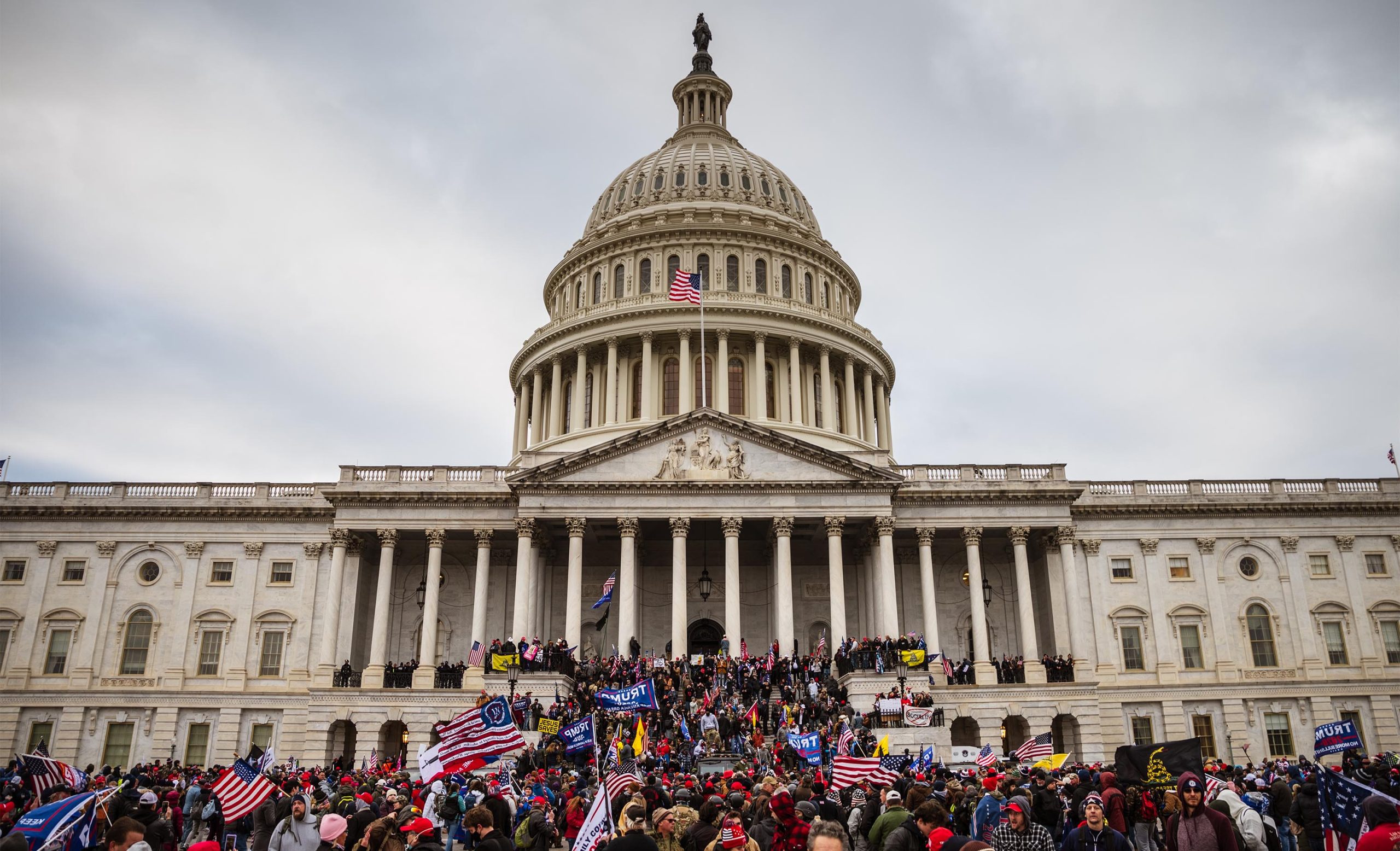
Is American Democracy on Life Support? This New Data Says Yes
Josh Shear – For decades, the United States has been globally upheld as the beacon of democratic governance. But recent trends suggest that image is cracking—and perhaps crumbling. As new data surfaces in mid-2025, researchers, political analysts, and even disillusioned citizens are raising an uncomfortable question: Is American democracy on life support? The answer, shockingly, is increasingly pointing toward yes.
This isn’t just a partisan talking point. Across party lines, institutions, and states, there is growing concern that the very foundations of the democratic system are under serious threat. From low voter trust to algorithmic manipulation and state-level election interference, the cracks in the system are no longer invisible.
One of the most telling signs of the fragile state of American democracy is the plummeting trust in institutions. According to a recent Pew Research Center report, less than 20% of Americans trust the federal government to do what’s right most of the time—a record low.
Faith in the judiciary, Congress, and even the Supreme Court has sharply declined, with political affiliations further polarizing public opinion. With constant accusations of corruption, bias, and partisan manipulation, these institutions—meant to safeguard democracy—are being viewed with increasing suspicion.
The right to vote is the cornerstone of democracy, yet access to the ballot is being strategically obstructed. In several states, laws passed under the guise of “election security” are disproportionately affecting minority and low-income voters.
Early voting windows have been slashed. Absentee ballots are facing tighter restrictions. Voter ID laws—while sounding neutral—are statistically shown to disproportionately impact disadvantaged communities. All these measures contribute to a weakened state of American democracy.
When voters feel disenfranchised, they disengage—and that disengagement erodes the democratic spirit. This suppression, subtle or overt, is a quiet killer of participatory governance.
In the digital age, democracy faces a new enemy—misinformation. Social media platforms, though initially praised for democratizing information, have become fertile ground for manipulated narratives and algorithm-driven echo chambers.
Recent findings by the MIT Media Lab show that false political stories spread significantly faster and more widely than factual ones. Worse yet, AI-generated content is now flooding platforms with deepfakes, fabricated polls, and AI-enhanced propaganda.
This contributes significantly to the faltering state of American democracy, as citizens base their political choices on manipulated or outright false information. When truth becomes subjective, how can a people govern themselves wisely?
While voters believe they are choosing their leaders, the truth is far more complex. Gerrymandering—the process of redrawing district lines to favor one party—continues to distort democratic outcomes.
In some districts, electoral maps are so skewed that elections are effectively decided before any ballots are cast. This manipulation of boundaries makes elections uncompetitive and undermines the very concept of representative government, further destabilizing the state of American democracy.
If your vote doesn’t truly count, are you still living in a democracy?
The presence of dark money—political funding from undisclosed sources—has intensified since the Citizens United decision. Powerful special interests now pour millions into elections and policy influence, often without accountability or transparency.
This corrupts public policy, steering decision-making toward the wealthy few rather than the general public. The result? A skewed legislative agenda that benefits corporate backers more than everyday citizens, choking the state of American democracy with every unchecked donation.
While lobbying has always existed, the sheer scale and secrecy involved today make democratic equality seem like a fading illusion.
Perhaps one of the most visible symptoms of the failing state of American democracy is the utter breakdown of civil discourse. Americans are no longer just divided—they’re entrenched in political tribalism.
Conversations have become shouting matches. Debates have turned into culture wars. And worst of all, empathy has taken a backseat to ideology. The result is a legislative deadlock where progress halts and division widens.
Without common ground, democratic cooperation becomes impossible.
Advances in technology should empower the people—but in 2025, surveillance concerns are rising. Facial recognition is expanding without consent, private data is commodified, and predictive policing disproportionately targets minority communities.
All of this creates a chilling effect on freedom of speech and assembly. Citizens are left wondering if they are truly free—or simply monitored. This expansion of state control through tech is one of the most concerning aspects of the modern state of American democracy.
If fear replaces freedom, can democracy survive?
The newly released data paints a deeply troubling picture. It’s not just that systems are flawed—it’s that those flaws are being exploited to tilt power further from the public. The American democratic project is not dead, but it’s undeniably in crisis.
What this means going forward is simple: unless there is collective recognition and action, the decline will continue. It will not collapse all at once—but in a slow, quiet unraveling of rights, participation, and belief.
The state of American democracy isn’t merely an academic concern. It’s a lived experience—one being eroded while we watch in real-time.
The warning signs are clear, and the data doesn’t lie. Whether or not democracy can be revived depends not just on policy changes, but on societal will. Civic education must be rebuilt. Voting rights must be protected. Truth must be defended. And above all, power must return to the people.
This is no longer just about politics. It’s about the future of a nation—and whether the ideals of democracy can survive the forces now threatening to destroy them from within.
This website uses cookies.